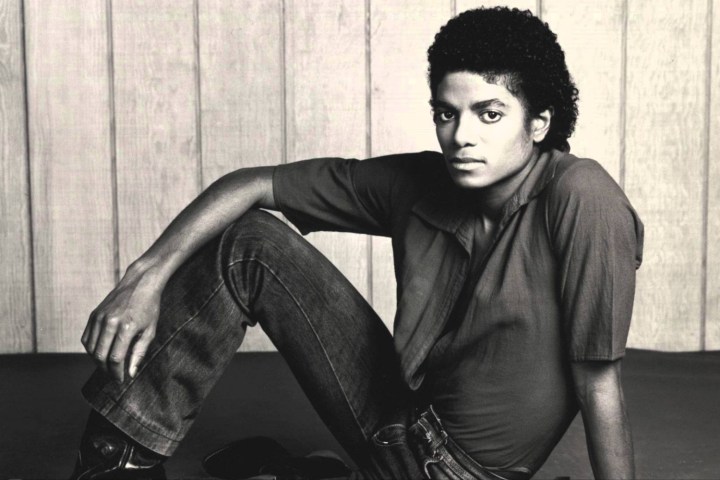
Michael Jackson’s estate is facing off with the IRS in what looks to be a massive legal battle over back taxes. At the time of the musician’s death, the estate claims it was worth just $2,105 due to Jackson’s massive debts. The IRS is claiming a much higher number: $434 million, according to The Hollywood Reporter.
Needless to say, the two sides disagree on a lot — so much that many estimate the battle, which will take place at a Los Angeles tax tribunal next year, could be worth more than $1 billion when interest, penalties, and lawyers’ fees are thrown in.
Jackson’s estate, which benefits his mother Katherine and his three children, has had massive commercial successes to the tune of an estimated $2 billion since the pop star passed away in 2009 — allegedly leaving hundreds of millions of dollars in debt behind him.
The estate has accomplished this via numerous film, music, and video game releases, as well as other enterprises, such as a Cirque du Soleil tribute show. Executors recently signed a massive deal with Sony to sell the company the Michael Jackson Estate’s other half of the Sony/ATV music catalog, as well, for a staggering $750 million.
But the argument the IRS is making is about the valuation of Jackson’s assets at the time of his death. The biggest item in contention is the This Is It documentary, which was released after his death, and made the estate $261 million.
“Michael Jackson had no merchandising deals [when he died],” says the estate’s lead lawyer Howard Weitzman in an interview with The Hollywood Reporter. “Only after we began the resurrection and This Is It did things begin to change. The IRS says, ‘You should have known about the documentary.’ That’s like [saying] we should have known he was going to die.”
The estate stands firm in its claim that it was worth essentially nothing at the time of his death, but the IRS says Jackson’s name and likeness were still extremely valuable. This is reportedly the first time that the federal tax agency has ever pursued an estate for the value of name and likeness of a person at the time of death, and could set a high precedent for other celebrity estates should the IRS win its case.
Tax attorney Gary Wolfe says Jackson’s is the biggest estate tax case he’s ever seen, and sees the whole thing as a huge mess. Still he’s skeptical about whether or not Jackson’s estates’ argument will hold up in court.
“You’re telling me that Jackson’s name was worth less than a bottle of expensive wine?” he asks.
Adam Streisand, a lawyer who works with celebrity estates, disagrees with Wolfe on this point, indicating that the value of Jackson’s likeness was considerably improved upon his death, because his estate was actually willing to merchandise with it.
Using the analogy of a gentrifying neighborhood being overvalued before it is actually improved, he claims the IRS has a frail argument.
“Unless and until people actually put money into improving the neighborhood, you can’t value it that way.”



